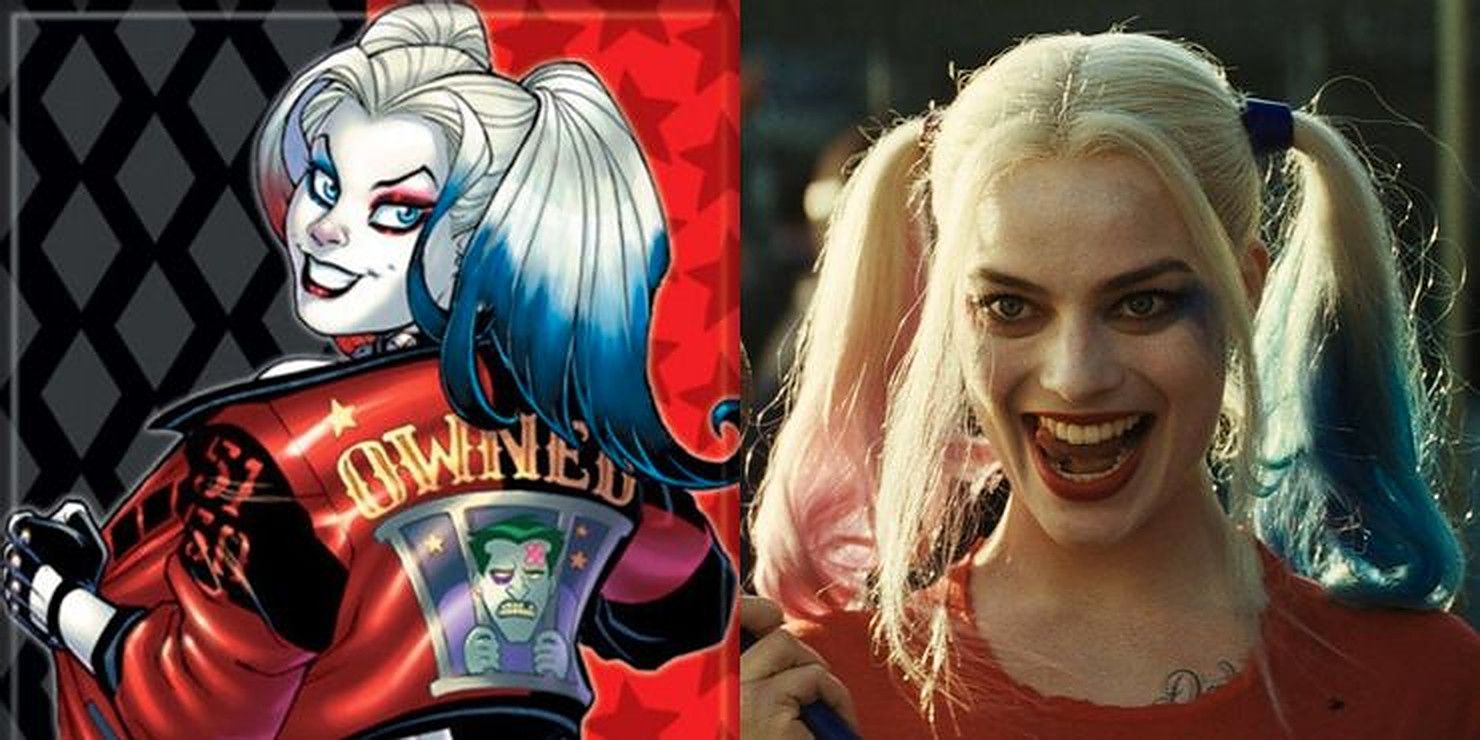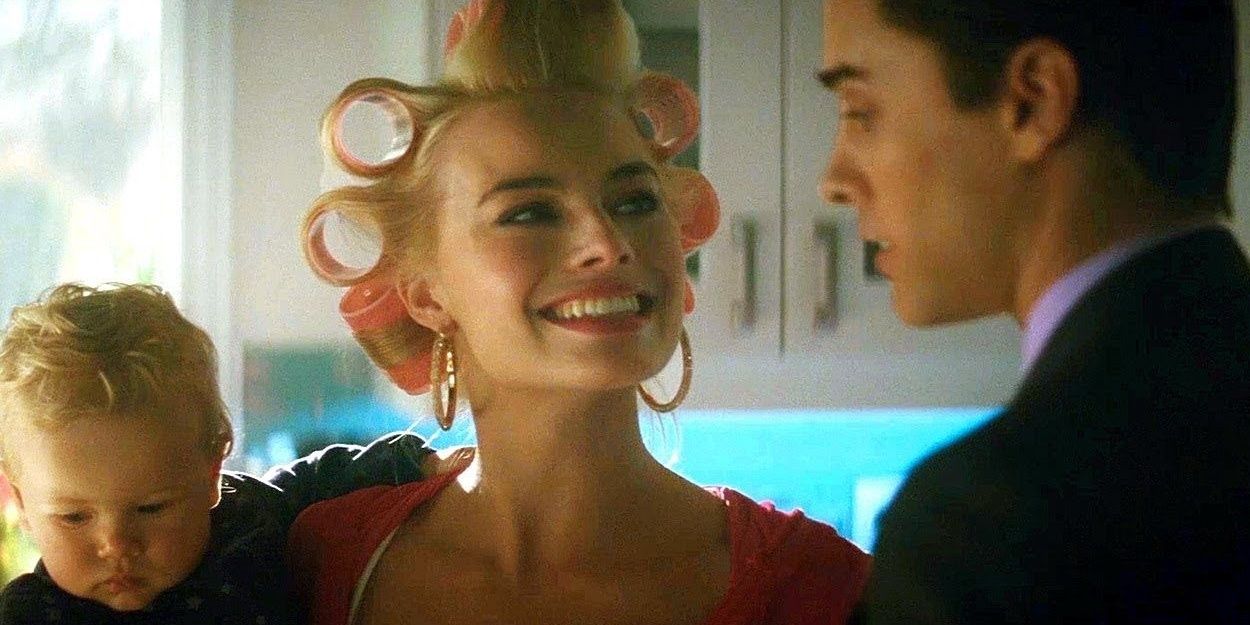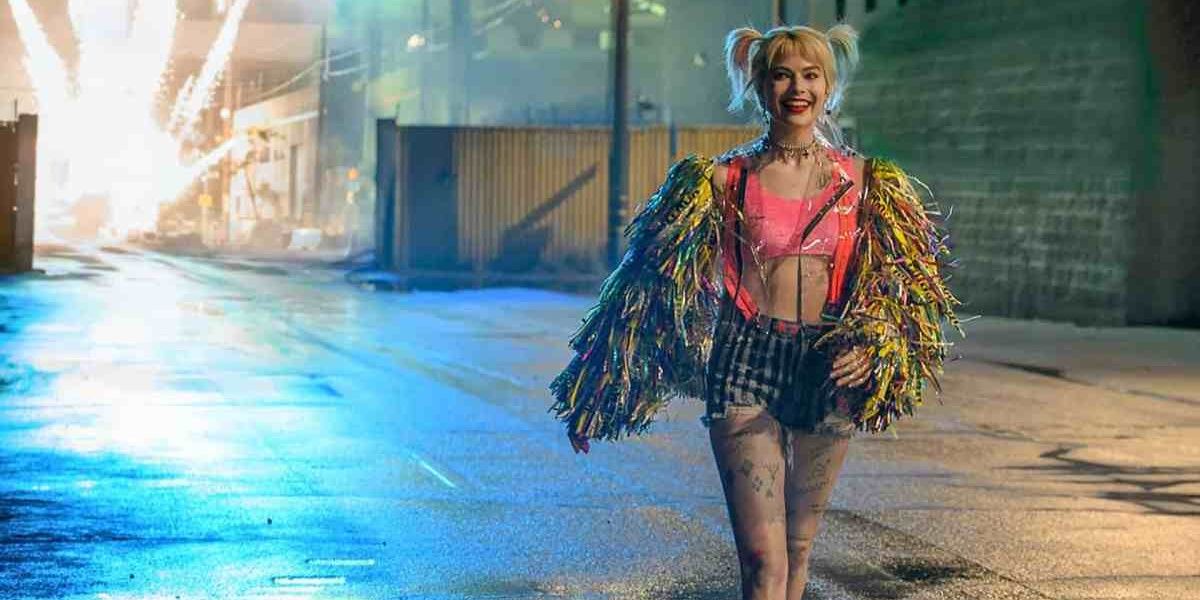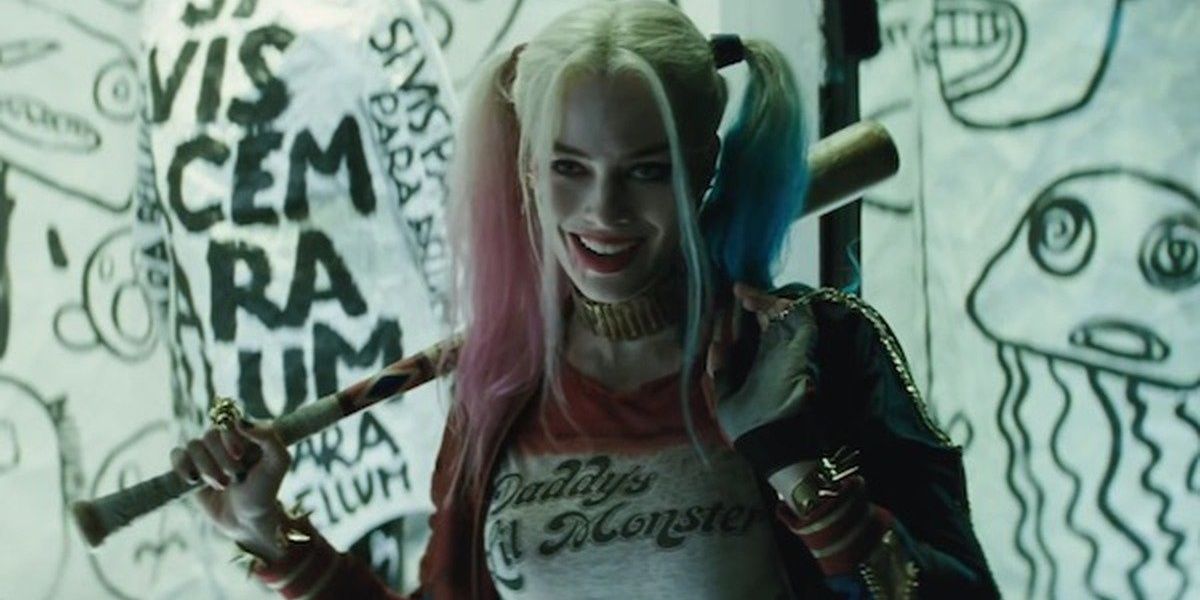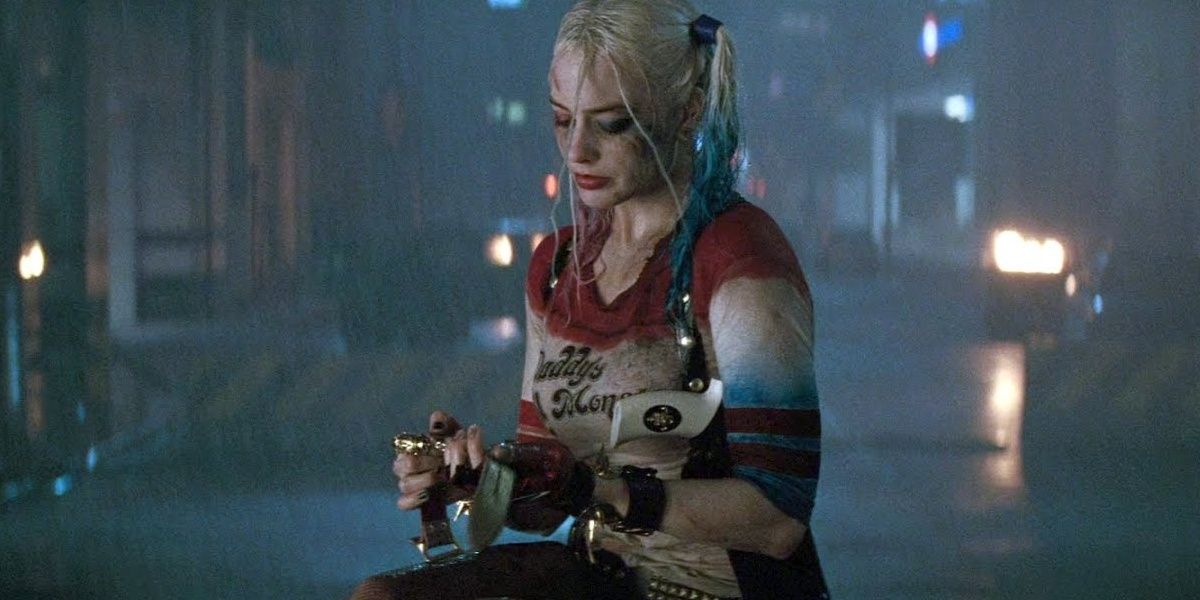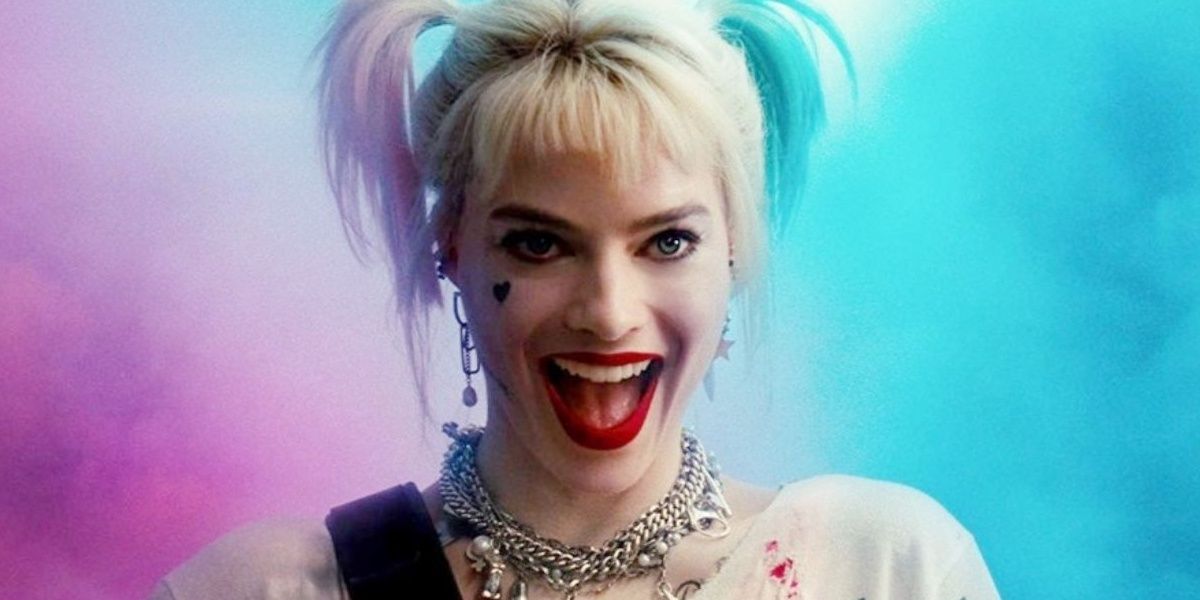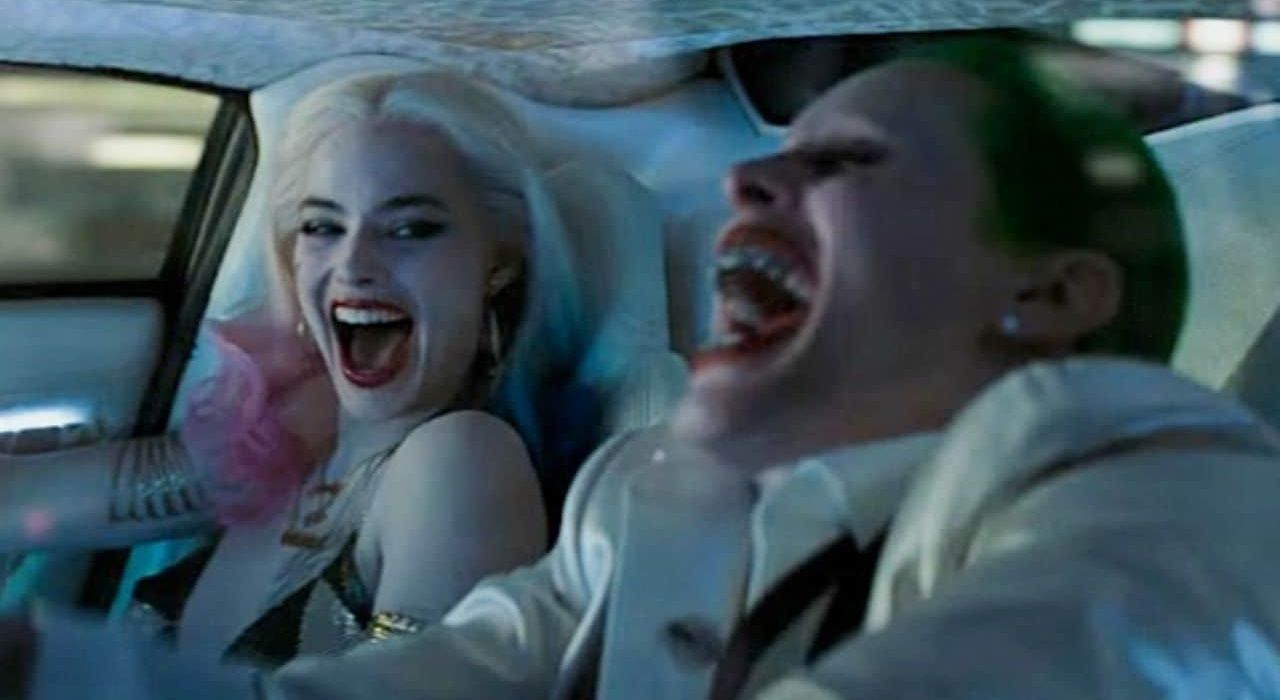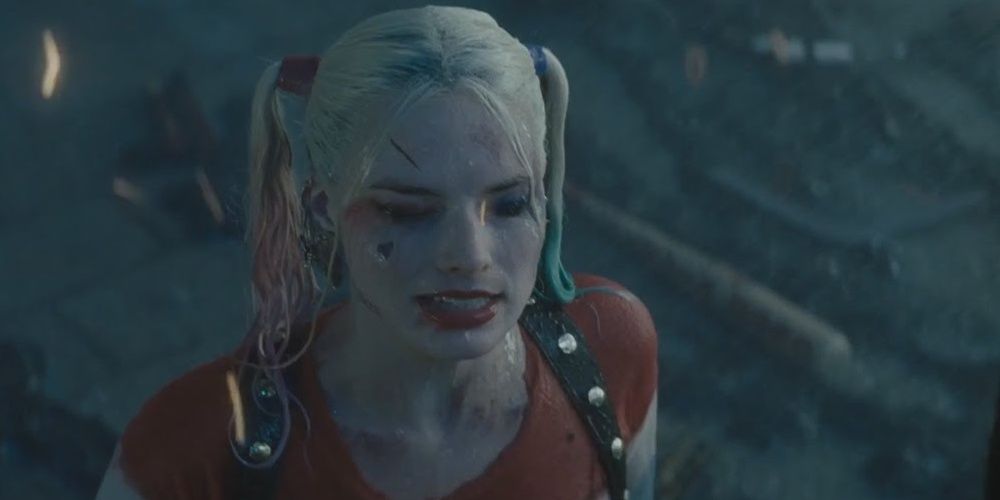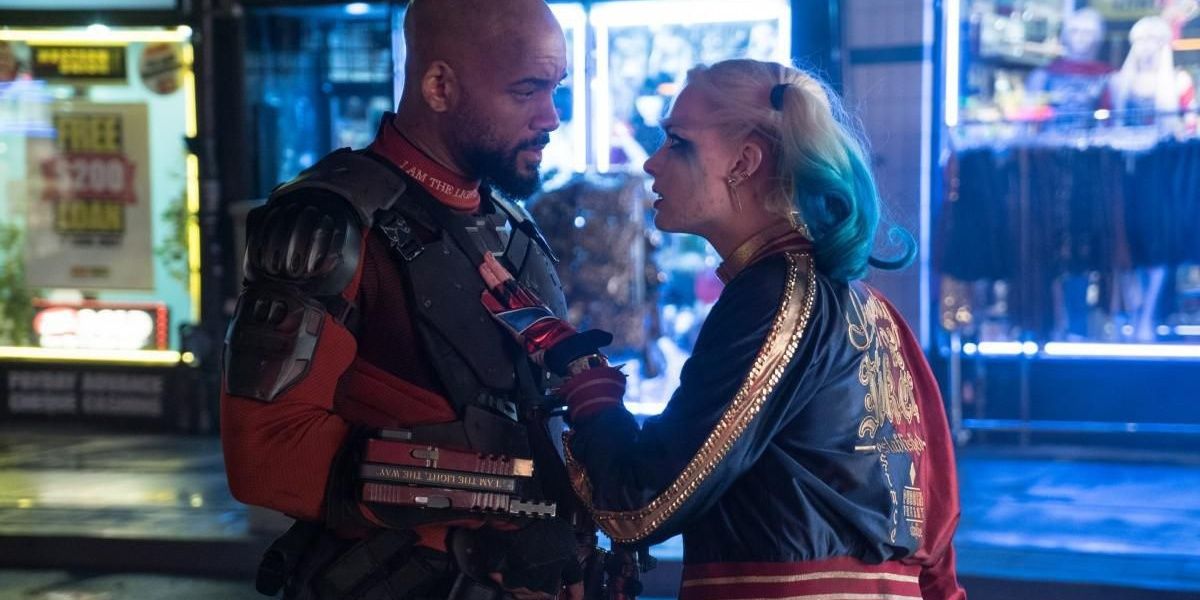The DCEU's take on the most popular DC characters aren't always the most accurate or appreciated among the public. Although the acclaimed Margot Robbie seems like a perfect fit for Harley Quinn, there are plenty of times where Harley's actions weren't just out of character, but perhaps not well understood and thus not well represented.
Margot has rage, but is her Harley more than just a 'crazy hot chick' (considering Margot's attempts at highlighting that)? Sometimes, despite being an overall engaging portrayal of the character, either public service and or the director's personal goals can take the character's most important characteristics away. Here are the most obvious examples of that.
Suicide Squad: "I Just Want A Normal Life" Trait
In Suicide Squad, Harley was introduced to Gotham's universe of villains and heroes as the Joker's girlfriend (even though she is no longer with him in the comics), and that means she is being shown at her worst. In this time of her life, in her original story, Harley found Gotham's criminals glamorous (as she stated when she first step foot in Arkham Asylum). For a long time (years, before she'd get tired of the relationship and realize it was abusive) she was in love with the criminal life and her puddin's crimes. She was immersed in Joker's chaos, and she understood and embraced that point of view and adopted it herself.
That's why it's out of character to depict her wishing for a 'normal' Joker. In the third issue of 'Batman Adventures', when Joker comes back from Arkham cured and sane and she almost kills him trying to get her insane clown back. Harley isn't made for a normal life and she never wanted a normal Joker, just her idealized version of him.
Joker Broke Up With Her In Birds Of Prey
Considering that the whole development of their relationship was skipped (which was a shame, considering Suicide Squad's romantic portrayal of the couple), the details of their breakup aren't in the movies. In Birds of Prey, Joker breaks up with her and kicks her out, and while the latter action suits him perfectly, their "for good" breakup should've happened at Harley's hands.
She was the one to realize Joker was never going to treat her with respect, and that all she could do was just leave. Instead, their relationship quickly bypassed and the movie jumped straight to Harley becoming an anti-hero. So much more should've happened, especially her connection to Poison Ivy, who was an important character in this chapter of Harley's life. And yes, she was shown crying and suffering after the breakup, but it was still depicted as if it was a breakup like any other one when in reality it was one of the most pivotal events in her story.
BOP: Went Too Good Too Fast
Soon after being involved with Black Mask and meeting some members of the future Birds Of Prey, it's like all of Harley's most villainous characteristics suddenly disappeared without explanation. It's not out of character for her to go down the anti-hero road, but the movie lacked the development of the comics - besides her blowing up Ace Chemicals as if that efficiently summed up all the change that her character went through.
In Suicide Squad she was mean, cunning, and provocative. After the breakup, it's natural for her to spend her time grieving, but it's about her core characteristics: they don't evolve as the movie progresses, they're all completely gone as soon as she feels better and gets back in the world.
Suicide Squad: She Chose To Stay After Joker's "Death"
After Joker's failed attempt to rescue Harley from the Squad and Amanda Waller, the helicopter they were running away with crashed. While Harley managed to jump out just in time, it seemed like the Joker stayed on it and crashed with it. Usually (both in comics and videogames), when Joker dies or is presumed dead, Harley completely loses control and tries to avenge him, but here, it barely seems to faze her.
Staying with the Squad, being nice, and fighting alongside them doesn't match how hurt and unstable Harley would really handle her pain at that moment. Besides the provocative lines in the movie, it turns out that she just isn't as unstable as described (and as she should be) by the other characters themselves, but actually easy-going.
BOP: Shooting The Cops With Rubber Bullets
Why would someone who dated the Joker, was named the Queen of Gotham City, and is self-described as 'crazy', have so much compassion for cops? It just made no sense that her assault on the police station wasn't actually that offensive. Harley has seen and done much worse, and in a movie that's supposed to be about development to becoming an antihero, it has to be acknowledged what she's capable of and that she has hurt plenty of innocent people before.
BOP: Her Post Break-Up "Queen Of Crime Phase" Was Skipped
Besides the fact that all the parts in which she first fell for the glamourous criminal life were skipped, it should also be highlighted how the end of her relationship with Joker never meant becoming an anti-hero right away., This can be seen in comics, BTAS (where she and Ivy become Queens Of Crime), or even in her animated series.
There can be no development if there is nothing to change to begin with, if Harley isn't committing her own crimes and living that phase of her life in which she tries to affirm her career without the Joker, then the plot is reduced to Harley (and the other characters) waiting for Cassie to excrete the diamond with the code in it. Then again, Harley's toxic side is completely ignored from the start for the sake of keeping her funny and relatable, when it's fundamental to highlight how her bubbly and quirky personality equates neither kindness nor stupidity. Meanwhile, the public knows nothing of her criminal career, except that she took advantage of Joker's protection.
Suicide Squad: Final Fight Scene
The final fight in Suicide Squad, in which Enchantress and her brother are defeated, doesn't make that much sense either, considering how underdeveloped the main villain was. Harley talks and acts completely out of character, like when she (after even losing her Puddin') easily defeated Enchantress by saying no one hurts her "family" (the squad). This is despite the members having known each other for barely any time at all. In comics this feeling of love and family is usually naturally developed through multiple issues and at its own pace - and it does eventually appear.
Birds Of Prey: Other Villains Don't Take Her Seriously
The fact that Joker's name and power used to be a huge deal and an addition to Harley's criminal career isn't out of character. However, it seems like other villains don't recognize her as the deadly, unstable, and dangerous woman she was described as in Suicide Squad. The other squad members don't take her so seriously, which is actually a bit comic accurate, but it's almost like in her criminal years she did nothing that would scare the other villains. Thus, while belittling her isn't out of place, they would still have to recognize that she's dangerous.

